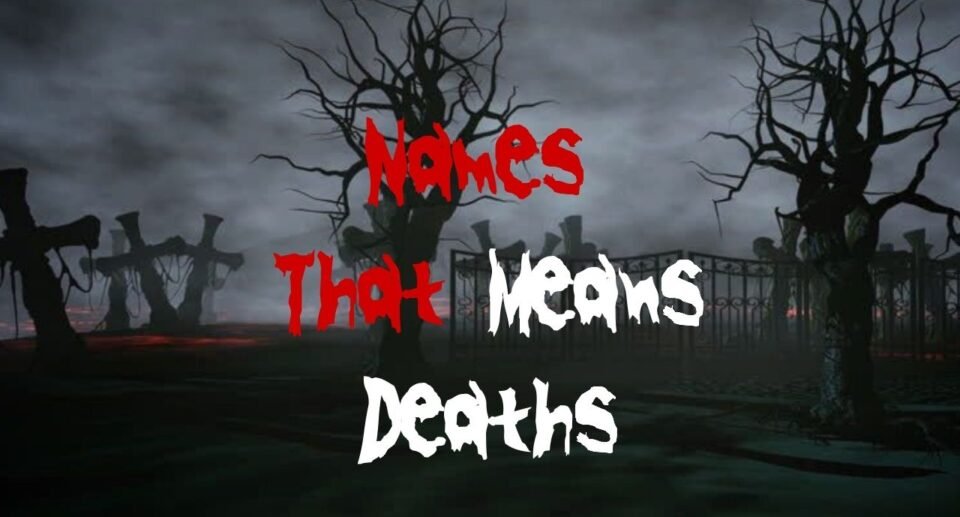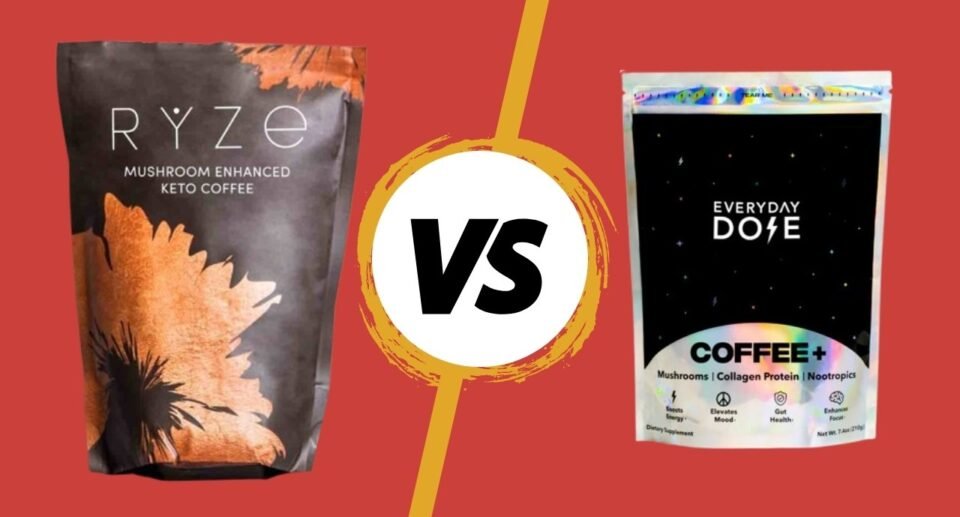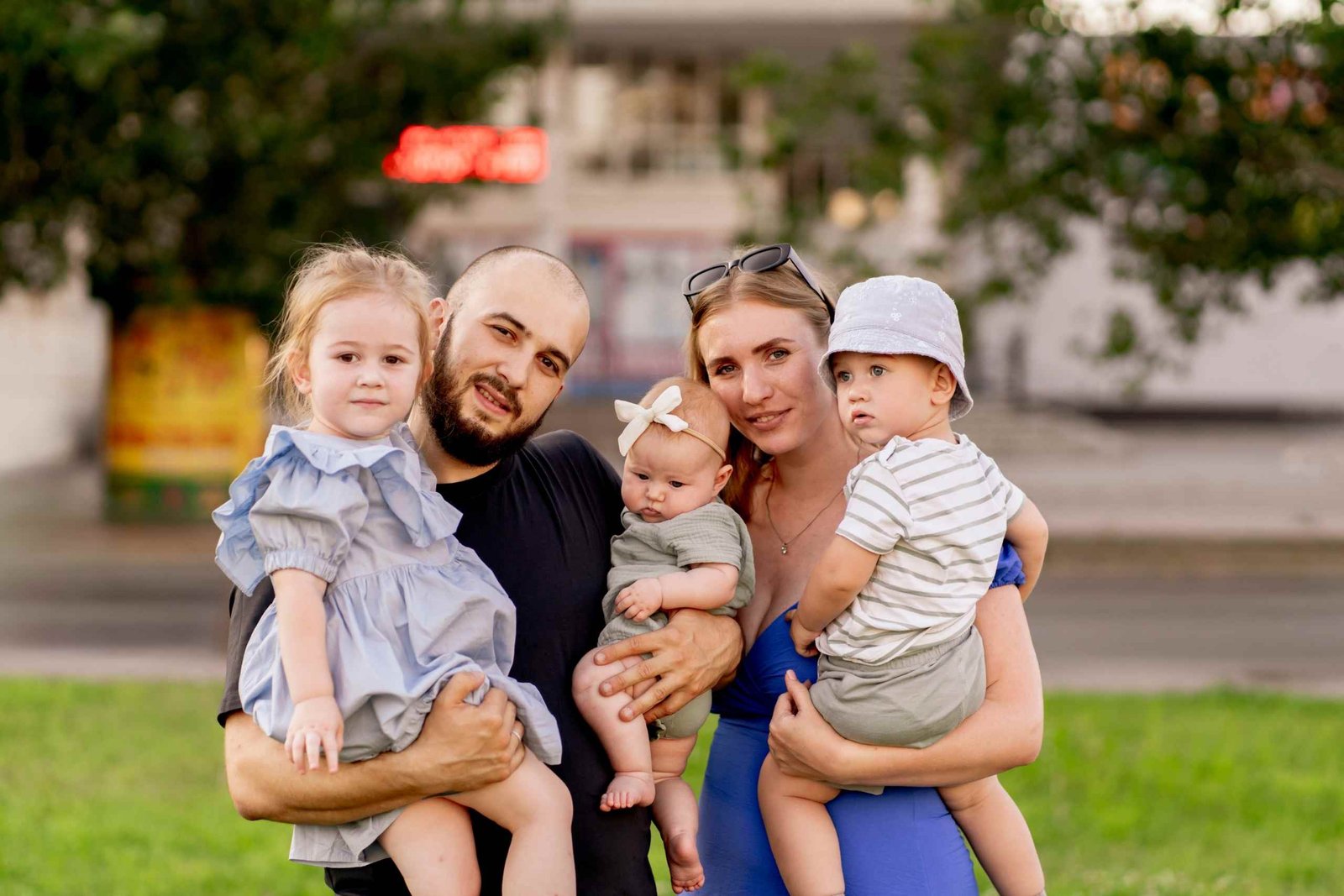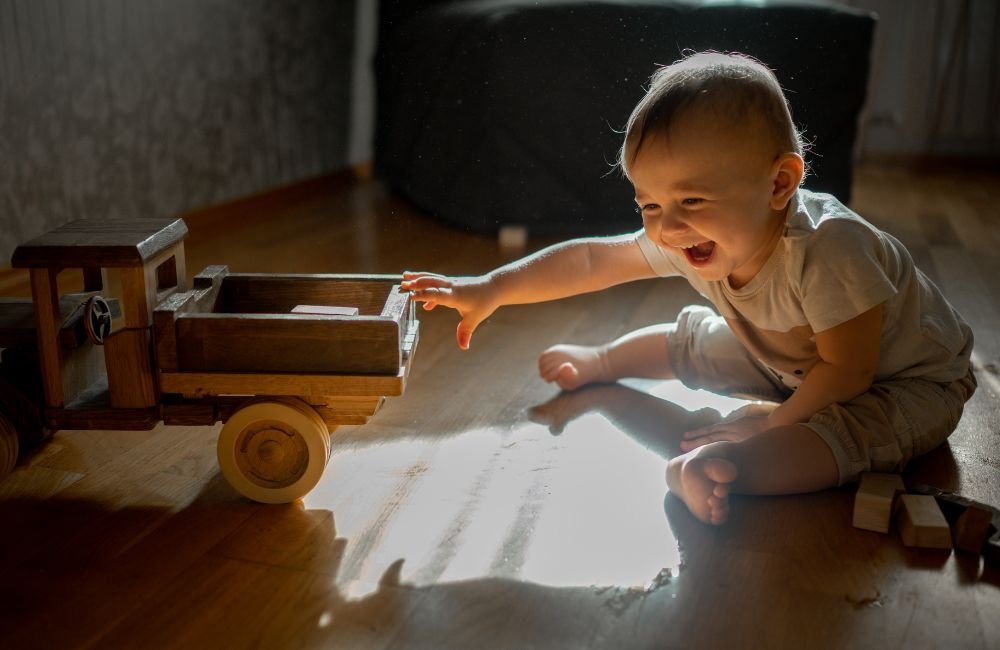30+ Powerful Names That Mean Death For Boys & Girls

Names are really important. They tell people who we are and make us feel special. They help us connect with others and feel like we belong. Sometimes, names have special meanings from our family or culture. When someone says our name, it makes us feel seen. So, a name is more than just a word; it’s a big part of who we are. In some cultures, people use names whose meanings are related to death. People who choose such names may have personal reasons or cultural beliefs influencing their choice. It’s important to remember that a name’s meaning doesn’t define the person. What truly matters is how the person lives their life and what they do with it. In the end, the meaning of a name is personal and can be understood in many different ways, depending on culture, experience, or personal beliefs.
What Is The History of Death Meaning Names?
Names that mean death have been used for a long time in different cultures. People believed names had power, so they named gods, spirits, or even children after death to show respect or ask for protection. In myths, names like Thanatos (Greek) and Anubis (Egyptian) were linked to death and the afterlife. Some cultures used these names during sad times, while others saw them as symbols of strength or change. Today, these names are often used in stories, movies, or art to give a dark, powerful, or mysterious feeling.
Why Do People Use Death Meaning Names?
People use names that mean death for many different reasons. In stories, movies, and books, these names help create a dark, mysterious, or powerful feeling. Writers often choose them to show that a character is strong, dangerous, or connected to the afterlife. In some cultures, death is not seen as something scary, but as a part of life or a path to something new. So, names linked to death can carry deep meaning, like change, rebirth, or spiritual power.
Some people also choose these names because they sound unique or beautiful, even if the meaning is dark. In art, music, and fashion, names that mean death can add an emotional or dramatic touch. Others may use them to honor lost loved ones or to express their feelings about grief or loss. Overall, names with death-related meanings are used to tell stories, express emotions, and show a deeper connection to life, death, and everything in between.
Which Countries’ People Use Death Meaning Names?
People from many different countries and cultures have used names that are linked to death either in myths, religion, stories, or traditions. These names are often connected to gods, spirits, or powerful meanings and are still used today in books, movies, or personal names to show mystery, strength, or transformation. Countries and cultures that use death-related names:
- Greece – (Thanatos, Hades from mythology)
- Egypt – (Anubis, Osiris from ancient religion)
- India – (Yama, Kali from Hindu beliefs)
- Japan – (Shinigami and ghost names in folklore)
- Ireland and Scotland – (Morrigan, Banshee from Celtic stories)
- Norway and Iceland – (Hel, Draugr from Norse myths)
- Haiti – (Baron Samedi from Vodou traditions)
- Ghana – (Owuo from Akan culture)
- Mexico – (Names and symbols from Day of the Dead traditions)
- Native American tribes – (Some use names linked to death, spirits, or nature)
Girls Names
| Name | Meaning or Origin |
| Lilith | Night monster; associated with death and darkness in Jewish folklore |
| Morrigan | Celtic goddess of death and war |
| Kali | Hindu goddess of destruction and death |
| Hel | Norse goddess ruling over the underworld |
| Persephone | Greek queen of the underworld |
| Tamsin | From Thomasina, sometimes linked to death in Cornish folklore |
| Achlys | Personification of misery and death in Greek mythology |
| Yurei | Ghost in Japanese folklore |
| Banshee | Irish spirit whose wail signals death |
| Marzanna | Slavic goddess of death and winter |
| Erishkigal | Mesopotamian goddess of the underworld |
| Hecate | Greek goddess associated with magic, ghosts, and death |
| Clotho | One of the Fates who spins the thread of life (Greek mythology) |
| Nephthys | Egyptian goddess who watches over the dead |
| Azrael | Name sometimes used for the Angel of Death (also used for girls) |
Boy Names
| Name | Meaning or Origin |
| Thanatos | Greek personification of death |
| Hades | Greek god of the underworld |
| Orcus | Roman god of death and the underworld |
| Yama | Hindu and Buddhist god of death |
| Anubis | Egyptian god of mummification and the afterlife |
| Mictlantecuhtli | Aztec god of the underworld and death |
| Pluto | Roman god of the underworld (another name for Hades) |
| Shinigami | Death god or spirit in Japanese folklore |
| Owuo | Ghanaian Akan spirit of death |
| Baron Samedi | Loa of the dead in Haitian Vodou |
| Azrael | Angel of death in Islamic and Jewish traditions |
| Samael | Angel of death in some Jewish texts |
| Osiris | Egyptian god of the dead and resurrection |
| Donan | Old Gaelic name with associations to death or battle |
| Nergal | Mesopotamian god of death and war |
How To Choose a Name And Use It Respectfully
Choosing a name that means “death” can be powerful, deep, and even beautiful—but it should be done thoughtfully. Here are some helpful tips:
Understand the Meaning
Before using a name, make sure you truly understand what it means, where it comes from, and how it has been used in the past. For example, some names may be part of religious or spiritual beliefs, while others may be tied to sad or sacred traditions.
Example: The name “Kali” isn’t just a dark-sounding name—it’s the name of a Hindu goddess with deep religious importance.
Respect The Culture
If a name comes from a culture that you are not part of, take time to learn about its history and significance. Avoid using names in ways that could be seen as mocking, disrespectful, or careless.
Tip: If the name belongs to a sacred figure (like a god, goddess, or spirit), it’s best to avoid using it lightly in games, stories, or as a nickname.
Think About the Context
Where and how will the name be used? A name used for a fictional character in a fantasy book might be fine, but using that same name in a baby name or brand might need more careful thought.
Example: “Thanatos” might sound cool for a video game villain, but may not feel Right as a child’s first name.
Avoid Stereotypes
Try not to use death-related names just to make something seem scary or evil especially when it comes from a real culture or religion. Doing so can reinforce harmful ideas or stereotypes.
Example: Not all dark names mean evil or horror. Some represent change, power, or protection.
Be Sensitive to Others
Some people may have strong feelings about names related to death, especially if they are grieving or hold spiritual beliefs. If you’re sharing the name publicly (like on social media, in a story, or for a business), be open to feedback and ready to explain your choice respectfully.
Why Death Related Names Continue To Be Popular
Death-related names continue to be popular because they hold deep meaning, strong emotions, and a sense of mystery that many people find powerful or beautiful. For example, in storytelling, names linked to death can make a character feel intense, dark, or interesting—especially in fantasy, horror, or gothic genres. These names often carry a symbolic message about strength, transformation, or facing fears, which adds depth to books, games, and movies.
In real life, some people are drawn to death-related names because they feel different or bold. Others use them to express personal feelings, like grief, healing, or the idea of starting over. Some cultures even see death as part of a life cycle, not just an end, so names tied to death can actually represent wisdom, protection, or rebirth. Overall, these names remain popular because they mix emotion, meaning, and creativity in a way that touches people on a deeper level.

Aashley Kai is the Editorial Director of Chelsea Famous Parenting and a licensed expert in early childhood education. She holds a Master’s in Child Psychology from the University of Texas Southwestern Medical Center and has worked as a preschool teacher and child therapist. Since joining in 2024, Aashley has been dedicated to creating well-researched, trustworthy parenting resources. Her work helps parents and caregivers foster nurturing, educational environments for children. Outside of work, she enjoys hiking and photography, capturing nature from a child’s perspective.





